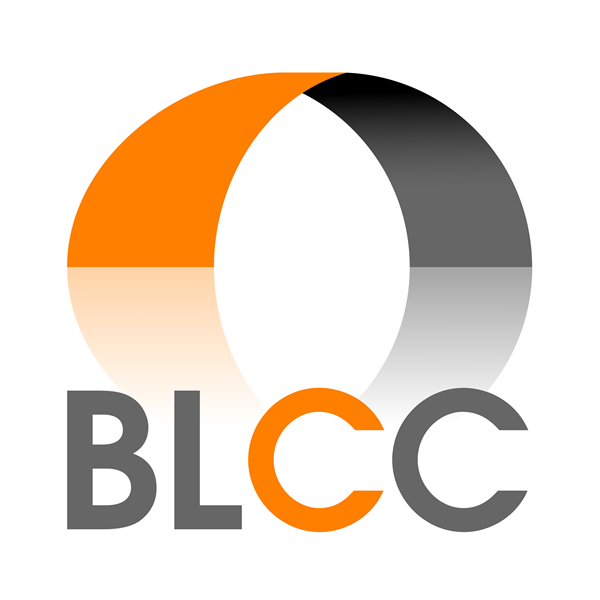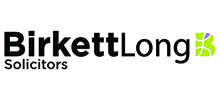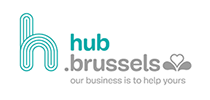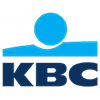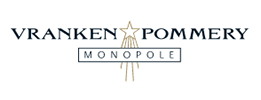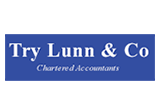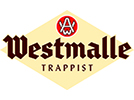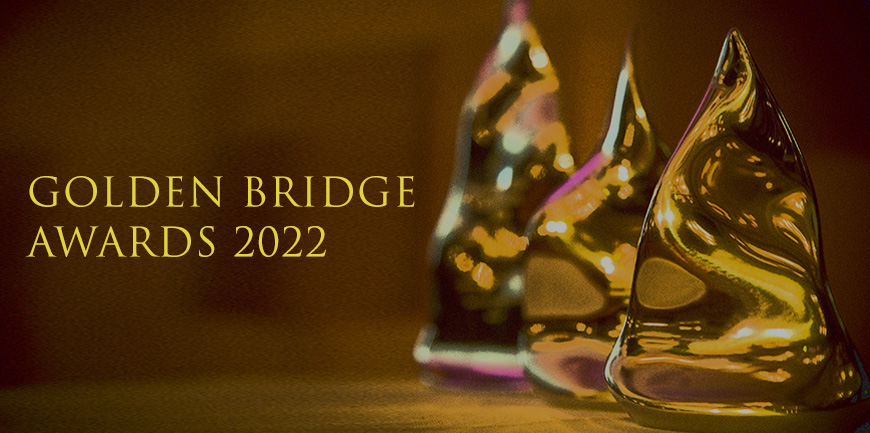
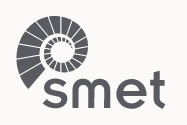
SMET STAIRCASES - Winner of this year’s Best Small-Sized Company
Smet Staircases from Zulte (BE), a manufacturer of bespoke staircases, started exporting to the UK in 1999 and set up its UK subsidiary in 2007. Since then, Smet have completed over 500 projects to become a well-established and reputable brand in the high-end UK residential staircase market. Among Smet’s customers is HRH King Charles III.
As a cherry on the top for their 15th anniversary, they have been appointed to design, manufacture and install all the staircases for the penthouse apartments in the very prestigious Whiteleys reconversion scheme; designed by the formidable Foster+Partners architects. This is also Smet’s biggest UK contract ever for a total value of £2,000,000. The project has given Smet an entry ticket into a new and extensive market segment, with plenty of new opportunities for the company in the British construction world.
The Jury was impressed with the long and impressive track record of Smet Staircases culminating in winning the Whiteleys contract. This is the result of persistent brand building, providing dedicated customer contact, constantly living up to their core values and delivering a high-quality end product and excellent after sales service. Smet Staircases is the ultimate proof that even relatively small companies can be very successful in bidding for large contracts in a highly competitive UK construction market.
More information on www.staircasesofdistinction.com

UNITED CAPS – Winner of Best Medium-Sized Company Award
The UNITED CAPS’ (Wiltz, LU) strategy is to be “Close To You”. That’s why they decided in 2017 to set up a production plant manufacturing bottle caps in the UK, their tenth facility of which 9 are based in Europe and 1 in Malaysia.
Their UK adventure started in 2018 with the purchase of a piece of land near Sheffield, Yorkshire. Construction work followed in 2019 and despite the Covid 19 pandemic, they were able to start production in May 2020 through the sheer determination of their team and suppliers. Today the plant employs 30 people, working 24/7, producing 2 billion caps a year, generating a turnover of €11 m with an EBITDA of €3.75 m. It does not stop here; the company continues to grow and hope to achieve a €20m turnover in 2026.
The Golden Bridge Jury was impressed with the incredible achievements of United Caps in what were extremely difficult circumstances during the pandemic, they were impressed with their brave move to invest in the UK immediately following Brexit and with the performance of their team in achieving a considerable turnover and EBITDA within an extremely short time frame.
For more information visit: www.unitedcaps.com/
![]()
ANSOMAT – Winner of this year’s Technological Innovation Award
Ansomat (Ghent, BE) was founded in 1996 by John Van Parys and Carine De Smet, who named the company after their two children - An-Sofie (Anso-) and Mathieu (Mat). All are present here tonight. The UK subsidiary was set up in 2008. Gradually they started to win over their first big accounts, like Nissan and JCB. However, in order to stay ahead of the competition, they made the brave decision to diversify their portfolio by investing in new innovative technologies with a human-centric purpose i.e., use technology to make human assembling activities error-proof. The technology has been developed by the young Mathieu and is based on Augmented Reality technology. The benefits of this system became quickly undeniable and the rest is history as they say with UK customers such as Aston Martin, Jaguar Land rover, JCB, Norton Motor cycles, Bentley, GE Aviation, Toyota, Nissan, …
The Jury was impressed with how Ansomat grew from a classic entrepreneurial business into a high-tech company investing in ground-breaking software driven by emerging technologies like AR (Augmented Reality) and Artificial Intelligence (Machine Vision). Their belief to put the operator, i.e., the human being, at the centre of their technology has proven to be a winner creating a tangible impact for their customers who can no longer imagine running a production site without Ansomat. The new technology has given Ansomat themselves the opportunity to break out of their core market, which was Automotive, tapping into new profitable and even bigger markets not only in the UK but worldwide.
For more information visit: ansomat.co/
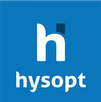
HYSOPT – Winner of this year’s Carbon Reduction Award
Hysopt, an Antwerp University spinoff, is a company which aims to reduce energy consumption & carbon emissions in big buildings, like hospitals, universities, offices, shopping malls etc. by applying its revolutionary software.
Hysopt’s software optimises the performance of the system before it is even built, closing the gap between the expected and actual performance of these systems. This generates up to 40% energy savings, 40% carbon reduction and 90% less risk of failure.
The Jury was impressed by how the software developed by the company is tackling 2 major problems. In the short term it reduces the use of energy – and the related cost. In the long term it participates in reduction of carbon emissions and helps stop global warming on a massive scale. By continuously increasing their partnerships in the UK, they are creating a huge multiplier effect across the UK which will exponentially reduce carbon emissions.
Last but not least, Hysopt is a true example of a company which spends all its development effort, all its engineering effort and all its sales effort on energy & carbon emission reduction.
For more information visit: hysopt.com/

GRAPHIUS GROUP – Winner of this year’s ESG Award
Some businesses view sustainability as a challenge. For Graphius, a printing business from Ghent (BE), who has just acquired a UK printing company, it’s an opportunity. As a family-run SME, they also want to put the people they work with, and the local community in which they are embedded, at the centre of their concerns.
The Jury was impressed by the way Graphius align their sustainability strategy with the overall business strategy of the company.
And by how on a social level, they have organised partnerships with sheltered workshops and prisons, are employing refugees and people with disabilities, giving everyone maximum opportunities.
Ecologically speaking, the company is at the forefront in the printing industry using an ISO 14001-compliant environmental management system, to map out and reduce the environmental risks of Graphius, recycling 95% of their waste.
Examples are numerous and include using vegetable-based inks and distributing the ink via a central drum further reducing ink consumption and ink waste.
At the end of 2019, Graphius invested in more than 3,350 solar panels which now, supply 20% of the total electricity needs of Graphius Ghent and Brussels.
Last but not least, Graphius Ghent and Brussels are certified by the FSC, i.e., the Forest Stewardship Council. The origin of FSC-certified paper is traceable. From tree to printed sheet ...
For more information visit: graphius.com/en/
